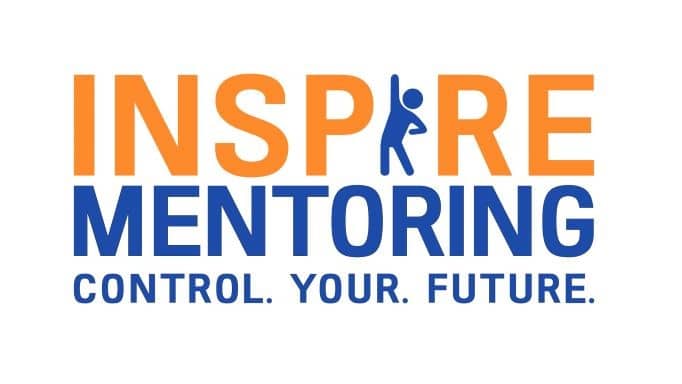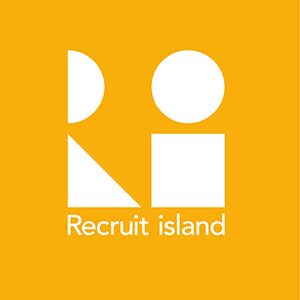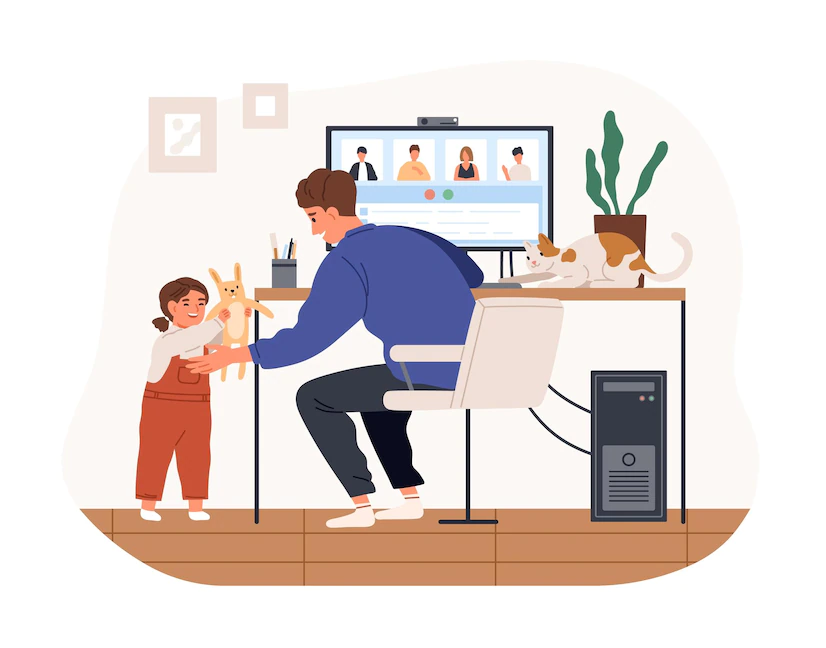International Volunteer Day
Today December 5th marks International Volunteer Day celebrating the theme of solidarity through volunteering.

This year’s campaign highlights the power of our collective humanity to drive positive change through volunteerism. There are many advantages of volunteering, it is an excellent way to meet new people, give back to the community and help people in need. It gives you a sense of purpose while also increasing your social skills. It can even help your chances at gaining employment as it looks good on your CV, showcasing your commitment to improving yourself and helping others in society and the world.

- 60% of hiring managers see the act of volunteerism as a valuable asset when making recruitment decisions.
- 92% of human resource executives agree that contributing to a nonprofit can improve an employees leadership skills.
- 6.5% of working-age people worldwide engage in formal volunteering via an organisation or association.
3 Types of Volunteer Work
There are many different types of volunteering programmes and it can be difficult to choose which one is the best for you. Here we list 3 types of volunteer work where you can put your skills to good use and help out.

- Volunteering for Environmental Issues
As people are becoming more environmentally aware, volunteering in this area is becoming more popular. People know that it is vital to act sooner rather than later when it comes to our environment. This type of work can include farming, environmental conservation and even working with ecovillages. It can be fun if you like the outdoors, like animals and don’t mind getting a bit dirty.
2. Volunteering in Healthcare
This is an ideal situation for medical students in order to gain training however, you don’t have to be a medical student to do this type of volunteering. You could simply visit patients in hospital to keep them company, work in health food shelters or even fundraise for cancer research, the list is endless.
3. Volunteering in Education
This is a great way to give someone the knowledge you possess and can involve working with children or adults. There are a range of countries where you can travel to and do this. It will allow you to gain teaching experience as well as helping those in need.
Servisource and Volunteering

At Servisource and CPL, we have the opportunity to get involved in a volunteering programme called INSPIRE, an online mentoring programme. we believe in giving back to the communities in which we operate, which is why we actively encourage our people to avail of this chance to get involved. With our Volunteering Time Off initiative, we ensure that employees get paid for any days off used to volunteer. The programme aims to match a young person with a professional role model to support and guide them. We know that mentoring works and having a positive role model in life is critical in order to prosper.
About the Mentors
INSPIRE works by matching a young person with an experienced professional. We want you to be that positive role model and make a difference in a young person’s life. Volunteer mentors commit to regular meetings with their mentee for up to one year and Innovate Communities provide the required training and support to help them become a successful mentor. This mentoring programme is online as you could be matched with a student from anywhere but if proximity permits you can meet them in person.
This is what the mentors have to say:
Ciaran – Senior IT Developer
I find I’m feeling quite energized seeing how the mentee is drawing on my expertise. There is a real sense of satisfaction about being able to help someone younger from my community. I’m learning there’s more to these young people than I may have thought. I see my mentee’s confidence building with every meeting. I see him leading more with every interaction and being more and more specific and honest about what he needs from me.
Marian – HR/Training Consultant
I’m really enjoying it. I’ve noticed my mentee’s thought process has widened from when we first met. She is thinking about the bigger picture, the longer term and about her career.
About the Mentees
Mentors are currently working with over 150 young people aged between 18 and 25 years of age. These mentees are diverse– Irish, Migrants and Immigrants (First Generation), Irish Black, Irish Asian and represent many different nationalities. They are HEAR (Higher Education Access Route) students studying Business & Management, Computers & ICT, Health & Social Care and Science and Pharma etc. The majority are the first in their family to go to college, don’t have a professional network to engage and have voluntarily signed up to INSPIRE to receive access to a mentor.

There are a range of volunteering opportunities to choose from around the world. With an array of benefits from it such as valuable work experience, learning new things and making new friends, why not give it a try and see how your help can benefit the world. You can find out more about the INSPIRE mentoring programme here and even sign up with their online application form.
So happy volunteering and let’s help each other in solidarity throughout the world!

You can find out more about our opportunities below.

Graduate Recruitment in Ireland: Tips for Landing Your Dream Job in the New Year
Graduate Recruitment in Ireland: Tips for Landing Your Dream Job in the New Year

Freelance vs. Full-Time: Exploring Flexible Work Arrangements in the Irish Job Market
Freelance vs. Full-Time: Exploring Flexible Work Arrangements in the Irish Job Market The way work is conducted has undergone a significant transformation in recent years. Traditional 9-to-5 office jobs are no longer the only option for those seeking employment and other more flexible arrangements have gained popularity. By exploring flexible work arrangements in the Irish…

The Most Effective Networking Strategies for Job Seekers in Ireland
The Most Effective Networking Strategies for Job Seekers in Ireland Networking is a crucial aspect of the job search process in Ireland, as it can help you uncover hidden job opportunities and gain insights into the job market. Having the right strategies can help you create meaningful relationships with industry professionals or even secure your…

Diversity and Inclusion in the Irish Workplace: Best Practices for Recruiters and Employers
Diversity and Inclusion in the Irish Workplace: Best Practices for Recruiters and Employers Diversity and inclusion in the workplace are becoming increasingly important considerations for employers, recruiters, and HR professionals. This is especially true of Irish workplaces, organisations must be proactive in their efforts to create diverse and inclusive teams. It is not only a…






























